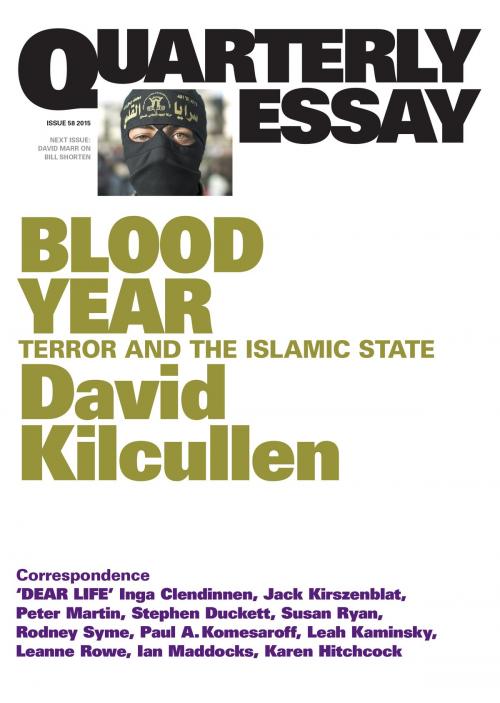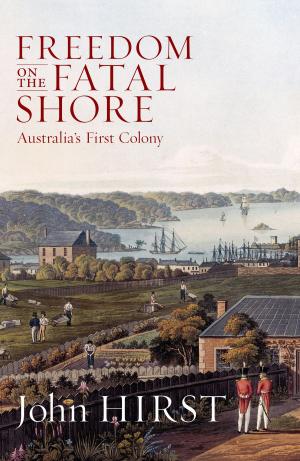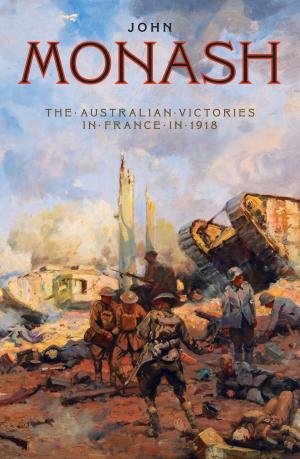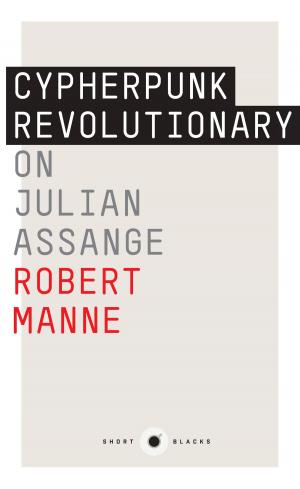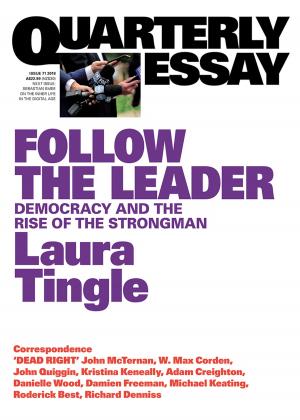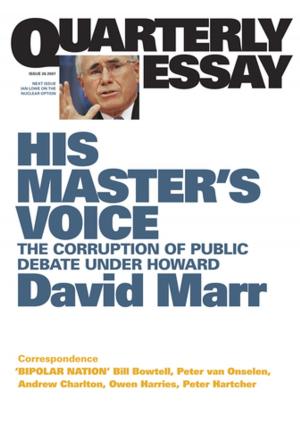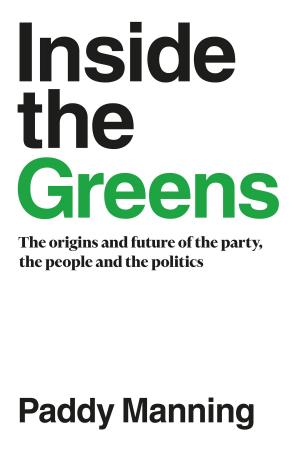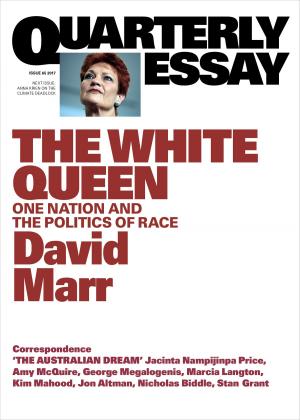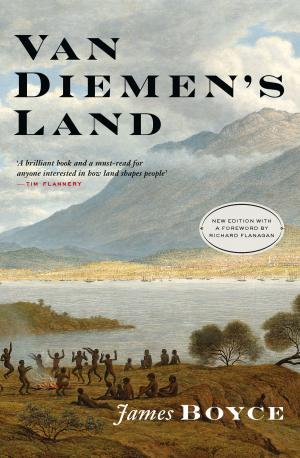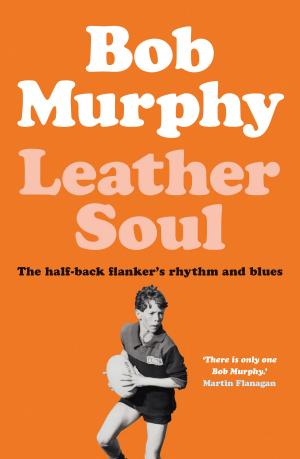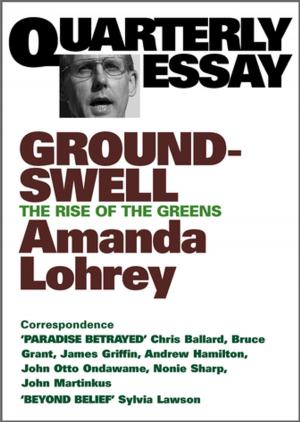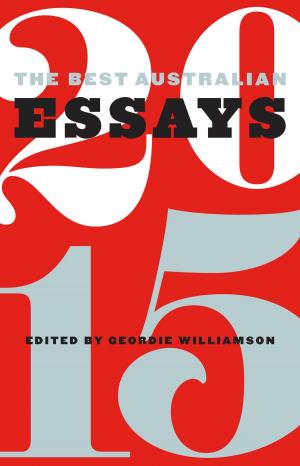Quarterly Essay 58 Blood Year
Terror and the Islamic State
Nonfiction, History, Military, Strategy, Social & Cultural Studies, Political Science| Author: | David Kilcullen | ISBN: | 9781925203264 |
| Publisher: | Schwartz Publishing Pty. Ltd | Publication: | May 20, 2015 |
| Imprint: | Quarterly Essay | Language: | English |
| Author: | David Kilcullen |
| ISBN: | 9781925203264 |
| Publisher: | Schwartz Publishing Pty. Ltd |
| Publication: | May 20, 2015 |
| Imprint: | Quarterly Essay |
| Language: | English |
Winner of the 2015 Walkley Award for best long feature writing
Last year was a “blood year” in the Middle East – massacres and fallen cities, collapsed and collapsing states, the unravelling of a decade of Western strategy. We saw the rise of ISIS, the splintering of government in Iraq, and foreign fighters – many from Europe, Australia and Africa – flowing into Syria at a rate ten times that during the height of the Iraq War. What went wrong?
In Blood Year, David Kilcullen calls on twenty-five years’ experience to answer that question. This is a vivid, urgent account of the War on Terror by someone who helped shape its strategy, as well as witnessing its evolution on the ground. Kilcullen looks to strategy and history to make sense of the crisis. What are the roots and causes of the global jihad movement? What is ISIS? What threats does it pose to Australia? What does its rise say about the effectiveness of the War on Terror since 9/11, and what does a coherent strategy look like after a disastrous year?
“As things stand in mid-2015, Western countries … face a unified, capable, experienced and savage enemy, in a less stable, more fragmented region. It isn’t just ISIS – al-Qaeda has emerged from its eclipse and is back in the game in Afghanistan, Pakistan, India, Syria and Yemen. We’re dealing with not one, but two global terrorist organisations, each with its own regional branches, plus a vastly larger radicalised population at home and a massive flow of foreign fighters.” —David Kilcullen, Blood Year
‘Part history, part enlightened analysis, part commentary, part provocation and part mea culpa’ —*Saturday Paper*
‘This brilliant, sober essay has the breathtaking compression of Helen Garner’s writing.’ —*Sydney Morning Herald*
‘Expansive and ambitious … [Kilcullen] is a deft storyteller. The artful combination of his professional experience, insightful analysis and strategic recommendations makes for enthralling reading.’ —*Australian*
David Kilcullen was a senior advisor to General David Petraeus in 2007 and 2008, when he helped to design and monitor the Iraq War troop “surge”. He was then a special advisor for counterinsurgency to US Secretary of State Condoleezza Rice. From 2005 to 2006, he was Chief Strategist in the Office of the Coordinator for Counterterrorism at the US State Department. He has also been an adviser to the British government, the Australian government, NATO and the International Security Assistance Force. He is a former Australian Army officer and the author of three acclaimed books: The Accidental Guerrilla, Counterinsurgency and Out of the Mountains.
Winner of the 2015 Walkley Award for best long feature writing
Last year was a “blood year” in the Middle East – massacres and fallen cities, collapsed and collapsing states, the unravelling of a decade of Western strategy. We saw the rise of ISIS, the splintering of government in Iraq, and foreign fighters – many from Europe, Australia and Africa – flowing into Syria at a rate ten times that during the height of the Iraq War. What went wrong?
In Blood Year, David Kilcullen calls on twenty-five years’ experience to answer that question. This is a vivid, urgent account of the War on Terror by someone who helped shape its strategy, as well as witnessing its evolution on the ground. Kilcullen looks to strategy and history to make sense of the crisis. What are the roots and causes of the global jihad movement? What is ISIS? What threats does it pose to Australia? What does its rise say about the effectiveness of the War on Terror since 9/11, and what does a coherent strategy look like after a disastrous year?
“As things stand in mid-2015, Western countries … face a unified, capable, experienced and savage enemy, in a less stable, more fragmented region. It isn’t just ISIS – al-Qaeda has emerged from its eclipse and is back in the game in Afghanistan, Pakistan, India, Syria and Yemen. We’re dealing with not one, but two global terrorist organisations, each with its own regional branches, plus a vastly larger radicalised population at home and a massive flow of foreign fighters.” —David Kilcullen, Blood Year
‘Part history, part enlightened analysis, part commentary, part provocation and part mea culpa’ —*Saturday Paper*
‘This brilliant, sober essay has the breathtaking compression of Helen Garner’s writing.’ —*Sydney Morning Herald*
‘Expansive and ambitious … [Kilcullen] is a deft storyteller. The artful combination of his professional experience, insightful analysis and strategic recommendations makes for enthralling reading.’ —*Australian*
David Kilcullen was a senior advisor to General David Petraeus in 2007 and 2008, when he helped to design and monitor the Iraq War troop “surge”. He was then a special advisor for counterinsurgency to US Secretary of State Condoleezza Rice. From 2005 to 2006, he was Chief Strategist in the Office of the Coordinator for Counterterrorism at the US State Department. He has also been an adviser to the British government, the Australian government, NATO and the International Security Assistance Force. He is a former Australian Army officer and the author of three acclaimed books: The Accidental Guerrilla, Counterinsurgency and Out of the Mountains.
